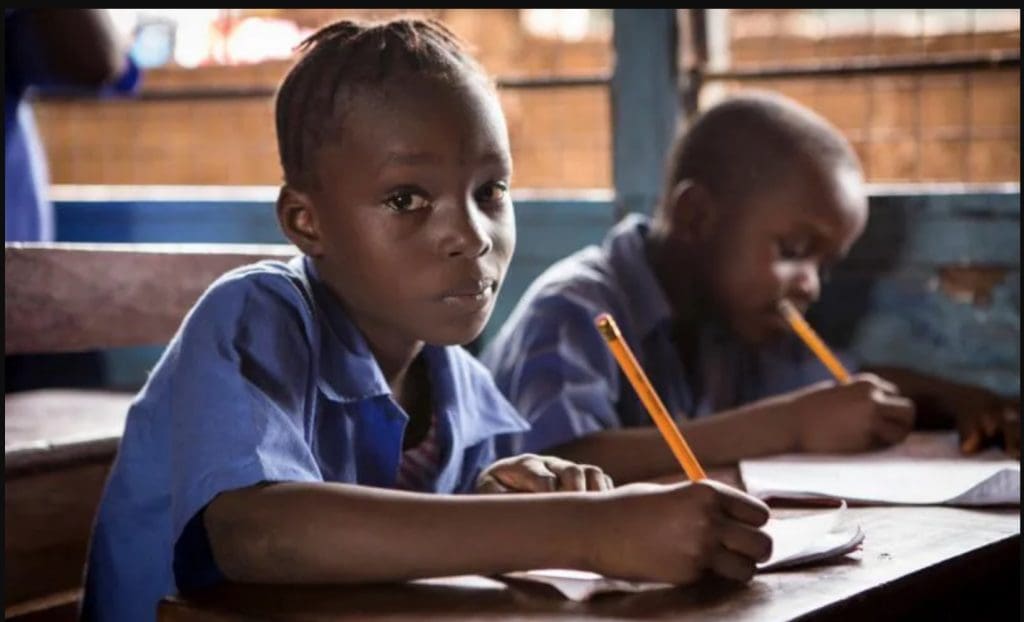In West and Central Africa, more than two million children have not the chance to start the 2019-2020 school year due to insecurity, according to a report by the NGO Save the Children, copied to APA on Thursday.
“As many children are preparing to return to school in West and Central Africa, more than two million children will not go back to school following the closure of 9,288 schools in the region due to the security situation and 44,000 teachers will not be able to reach the classrooms,” the report said.
“Violent internal conflicts, insecurity, natural disasters, serious epidemics such as Ebola, are evils we regularly hear about. But we often wonder about the consequences for children and young people in the areas affected by these multiple crises” Save the Children’s Regional Director for West and Central Africa Philippe Adapoe lamented.
In Burkina Faso, for example, Save the Children noted that “the rapid deterioration of the security situation has led to the closure of more than 2,024 schools today against 1,284 in March 2019. Cameroon, Nigeria, Central African Republic, Chad, Democratic Republic of Congo, Niger, and Mali face the similar challenges.
“Throughout the region and particularly in the central Sahel, education is increasingly becoming a target: schools are being attacked by armed groups, burned down or even occupied for military purposes or by internally displaced people. Children and teachers are attacked on the way to and from school”, the NGO added.
In a context marked by the increasing militarization of humanitarian space, Save the Children believes that the centrality of child protection remains a major challenge due to the increase in violations committed against civilians.
It recommended, inter alia, that governments ensure the continuity of education by increasing the budget allocated to education in emergency situations and integrating it into sectoral plans; secure schools and all educational spaces by implementing the Declaration on Safety in Schools; ensure the safety and protection of teachers in rural and inaccessible areas.
TE/lb/Dng/APA


